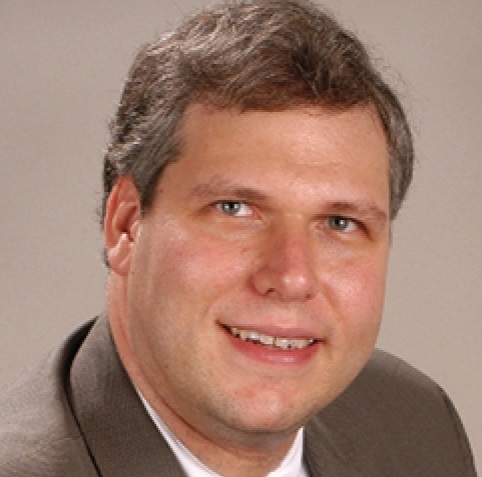Traffic at Starbucks shops open for 13 months or more is down one percent. Does this mean that the public is finally losing its appetite for Starbucks? Not necessarily.
While traffic is down, profits are up. Thus a more likely explanation for the new data is the firm’s price increase last summer rather than a change in consumer tastes. Another possibility is that even if demand *per store* is down, overall demand could still be constant or even up, given that Starbucks is always opening new stores whose sales to some extent dilute the revenues of existing stores. A third factor that may explain things, and this is the one that I want to focus on because it is of interest to antitrust lawyers, is that Starbucks stores do not enjoy exclusivity in the sale of Starbucks coffee.
You can go into a Barnes & Noble and other non-Starbucks stores and find a cafe selling “Starbucks coffee” even though the seller isn’t a Starbucks. The coffee itself and the surrounding atmosphere at such cafes (complete with their wireless hotspots to go with the lowfat lattes) are in many cases close to perfect substitutes for Starbucks stores. Sales at such places, if they are increasing at an ever faster rate, may well be diluting sales at Starbucks stores and hence may well account for the new data.
Starbucks’ willingness to sell its product widely rather than reserve it exclusively for its full-service franchisees suggests to me that the firm is competing aggressively in an “output enhancing,” pro-consumer way, rather than seeking to find ways to reduce output and raise price, as some opportunistic antitrust plaintiffs have erroneously alleged.
All therefore seems well for the Starbucks franchise–even if, as Jackie Mason has quipped, it is a bit much to ask customers both to clean up after themselves and also to leave a tip!




